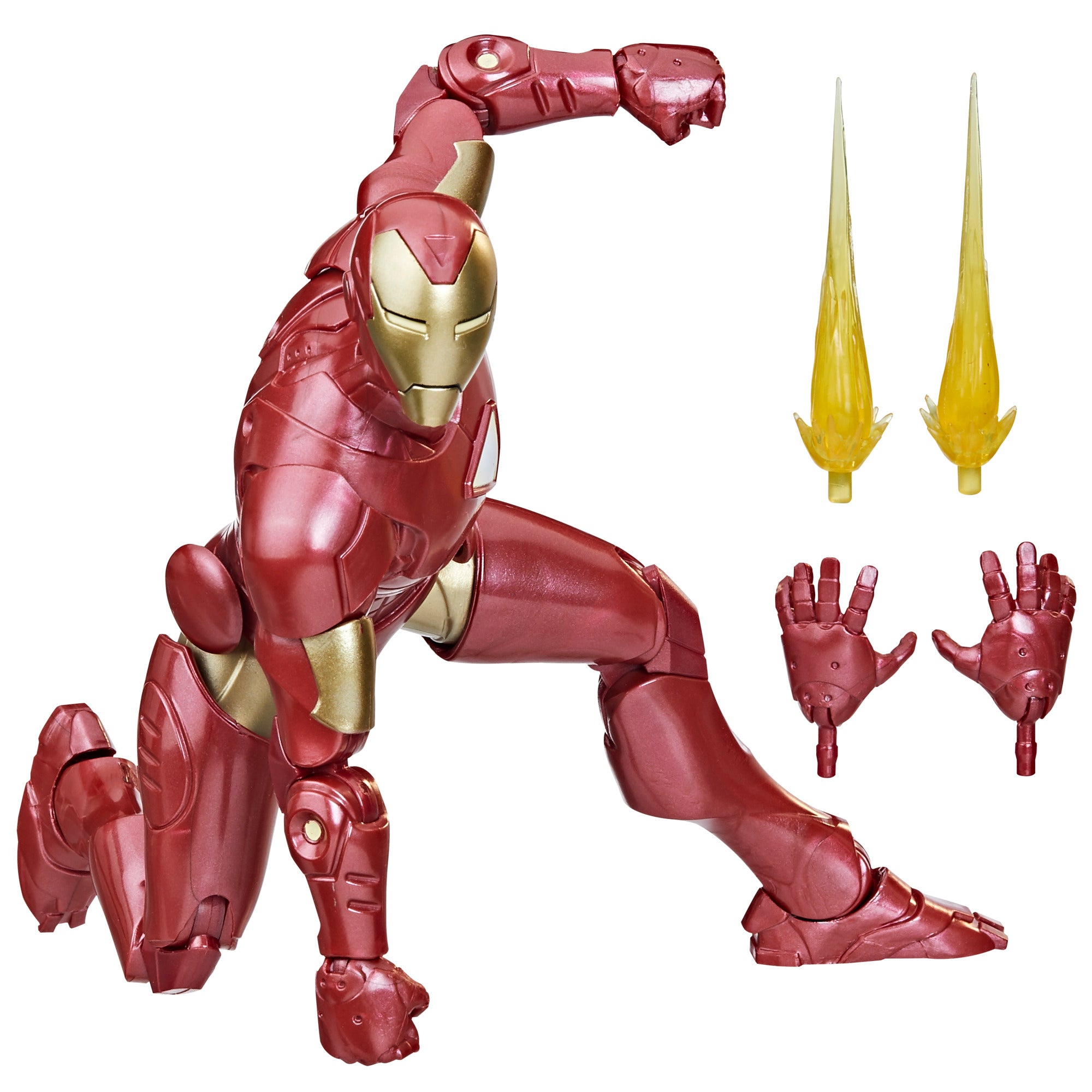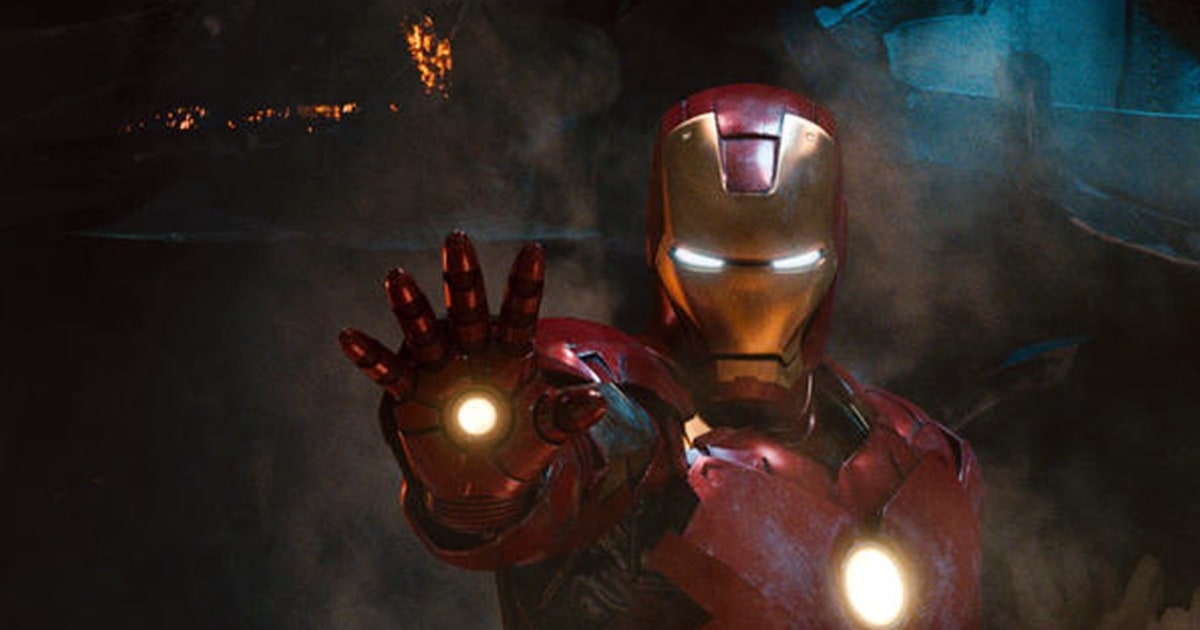Iron Man: The Evolution of a Superhero Icon
Introduction:
Since his debut in the pages of Marvel Comics in 1963, Iron Man has captured the imagination of fans worldwide with his blend of high-tech armor, genius intellect, and flawed humanity. Created by writer Stan Lee, artist Larry Lieber, and designers Don Heck and Jack Kirby, Iron Man—alter ego of billionaire industrialist Tony Stark—has become one of the most iconic and beloved superheroes of all time. This essay delves into the evolution of Iron Man, exploring his origins, character development, and enduring impact on popular culture.
Origins and Creation:
The genesis of Iron Man can be traced back to the height of the Cold War, when Marvel Comics sought to introduce a new kind of superhero—one grounded in the technological innovations and geopolitical tensions of the era. Inspired by the concept of a wealthy playboy with a hidden identity, Stan Lee envisioned Tony Stark as a brilliant inventor and arms manufacturer who, after a life-altering experience, transforms into a armored crusader for justice.
Debut and Early Adventures:
Iron Man made his first appearance in "Tales of Suspense" #39, where readers were introduced to Tony Stark, a suave and charismatic billionaire who is captured by enemy forces and forced to build a weapon of mass destruction. Instead, Stark constructs a suit of powered armor to escape captivity, thus becoming the armored avenger known as Iron Man. From there, Iron Man embarked on a series of adventures, battling a rogues' gallery of villains while grappling with his own inner demons and moral dilemmas.
Character Development:
What sets Iron Man apart from other superheroes is his status as a flawed and complex character. Tony Stark's struggles with alcoholism, PTSD, and ethical dilemmas have been central themes throughout his comic book history, adding depth and nuance to his portrayal. Over the years, writers and artists have delved into Stark's psyche, exploring his insecurities, vulnerabilities, and quest for redemption. This humanizes Iron Man and makes him relatable to readers facing their own challenges.
Armor and Technology:
A defining aspect of Iron Man's character is his advanced suit of armor, which Stark constantly upgrades and modifies to stay ahead of threats. From the bulky gray armor of his early appearances to the sleek, high-tech designs of later iterations, Iron Man's armor reflects the evolution of both technology and fashion. Each suit is equipped with an array of weapons, gadgets, and defensive systems, making Iron Man a formidable force in battle.
Legacy and Impact:
Iron Man's influence extends far beyond the pages of comic books, permeating popular culture in film, television, and video games. The character's cinematic debut in the 2008 film "Iron Man," directed by Jon Favreau and starring Robert Downey Jr., revitalized the superhero genre and launched the Marvel Cinematic Universe (MCU), a sprawling interconnected franchise that has dominated the box office for over a decade. Downey's charismatic portrayal of Tony Stark/Iron Man earned him widespread acclaim and cemented the character's status as a cultural icon.
Moreover, Iron Man's thematic resonance—his struggles with power, responsibility, and the consequences of technology—strikes a chord with audiences grappling with real-world issues such as corporate greed, militarism, and the ethics of artificial intelligence. Iron Man's journey from selfish playboy to selfless hero serves as a powerful allegory for personal growth, redemption, and the capacity for change.
Iron Man stands as a testament to the enduring appeal of superheroes and the power of storytelling to inspire, entertain, and provoke thought. From his humble origins in the pages of comic books to his meteoric rise to global superstardom, Iron Man has captivated audiences with his wit, charm, and indomitable spirit. As the MCU continues to expand and evolve, Iron Man's legacy remains as vibrant and relevant as ever, reminding us of the transformative potential of heroism, both on and off the screen. Looking beyond the realm of entertainment, Iron Man's impact transcends fiction, influencing technology, entrepreneurship, and philanthropy. Tony Stark's vision of using technology for the betterment of humanity resonates with real-world innovators and inventors striving to create a brighter future. The concept of Stark Industries—a conglomerate dedicated to advancing science, industry, and humanitarian aid—inspires discussions about corporate responsibility and the role of private enterprise in addressing global challenges.
Looking beyond the realm of entertainment, Iron Man's impact transcends fiction, influencing technology, entrepreneurship, and philanthropy. Tony Stark's vision of using technology for the betterment of humanity resonates with real-world innovators and inventors striving to create a brighter future. The concept of Stark Industries—a conglomerate dedicated to advancing science, industry, and humanitarian aid—inspires discussions about corporate responsibility and the role of private enterprise in addressing global challenges.
Furthermore, Iron Man's philanthropic endeavors within the Marvel Universe, such as funding scientific research, disaster relief efforts, and initiatives to promote education and healthcare, serve as a model for corporate social responsibility and altruism. Stark's commitment to using his wealth and influence for the greater good underscores the potential for individuals and institutions to make a positive impact on society. In addition to his fictional exploits, Iron Man's influence extends into real-world activism and advocacy. The character's prominence in popular culture has provided a platform for raising awareness about issues such as climate change, social justice, and mental health. Actors, writers, and fans alike have leveraged Iron Man's iconic status to champion causes they believe in, harnessing the power of storytelling to spark conversations and inspire action.
In addition to his fictional exploits, Iron Man's influence extends into real-world activism and advocacy. The character's prominence in popular culture has provided a platform for raising awareness about issues such as climate change, social justice, and mental health. Actors, writers, and fans alike have leveraged Iron Man's iconic status to champion causes they believe in, harnessing the power of storytelling to spark conversations and inspire action.
Moreover, Iron Man's enduring popularity has led to the proliferation of merchandise, cosplay, fan art, and fan fiction, creating a vibrant and inclusive community of enthusiasts from all walks of life. Whether attending comic conventions, participating in online forums, or engaging in charitable activities, Iron Man fans demonstrate the enduring appeal of the character and the bonds forged through a shared love of storytelling and imagination.
As we reflect on Iron Man's legacy, we are reminded of the timeless appeal of superheroes as symbols of hope, resilience, and the human spirit. Whether battling supervillains, grappling with personal demons, or confronting existential threats, Iron Man embodies the triumph of courage, ingenuity, and altruism over adversity. His journey—from the depths of despair to the heights of heroism—inspires us to believe in our own capacity for greatness and to strive for a better world, both within ourselves and in the world around us. In conclusion, Iron Man's impact on popular culture, technology, and society at large is immeasurable. From his humble origins in comic books to his global stature as a cinematic icon, Iron Man has captured the hearts and minds of audiences around the world. As we celebrate the legacy of this beloved superhero, let us remember the lessons he teaches us about courage, compassion, and the power of imagination to change the world for the better. Iron Man may be a fictional character, but his legacy is very real, reminding us that heroes can come in many forms—and sometimes, they wear suits of armor.
In conclusion, Iron Man's impact on popular culture, technology, and society at large is immeasurable. From his humble origins in comic books to his global stature as a cinematic icon, Iron Man has captured the hearts and minds of audiences around the world. As we celebrate the legacy of this beloved superhero, let us remember the lessons he teaches us about courage, compassion, and the power of imagination to change the world for the better. Iron Man may be a fictional character, but his legacy is very real, reminding us that heroes can come in many forms—and sometimes, they wear suits of armor.





































